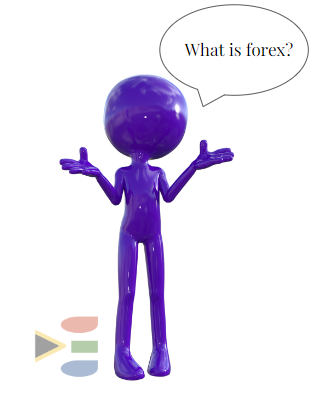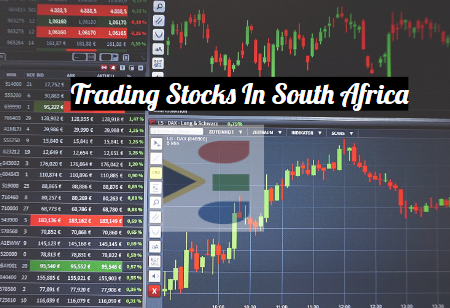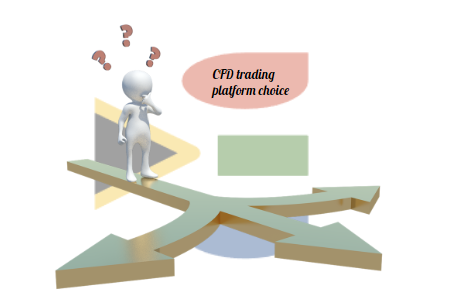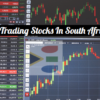There is a simple answer to the question of ‘what is forex’, but a much longer explanation as to why is is important. So, what is forex?
The forex (foreign exchange) market is a global decentralized market for the trading of currencies. This includes all aspects of buying, selling and exchanging currencies at current or determined prices. In terms of trading volume, it is by far the largest market in the world, followed by the credit market.
Its’ decentralized nature means that no single entity controls the direction, or the outcomes of forex, but it is a consensus of the values perceived and applied by forex market participants.

Why is the forex market important, and who sets the values?
The values of a currency are largely driven by those that require foreign exchange access, or the market participants. Since currencies are always traded in pairs, the foreign exchange market does not set a currency’s absolute value but rather determines its relative value by setting the market price of one currency if paid for with another.
This means that 1 USD is always worth ‘X’ of another currency such as ZAR, CAD, or CHF, or JPY, etc.. The same applies to all other currencies, that they are ‘paired’ against others in what is known as a pair in forex trading.
Biggest forex market players remain the financial institutions
The largest participants in the forex market are the big international banks. Financial centers around the world function as anchors of trading between a wide range of different types of buyers and sellers around the clock, with the exception of weekends.
The foreign exchange market works through financial institutions and operates on several levels. Behind the scenes, banks turn to a smaller number of financial firms known as “dealers”, who are involved in large quantities of foreign exchange trading. Most foreign exchange dealers are banks, so this behind-the-scenes market is sometimes called the “interbank market” (although a few insurance companies and other kinds of financial firms are involved).
Trades between foreign exchange dealers can be very large, involving hundreds of millions of dollars. Because of the sovereignty issue when involving two currencies, Forex has little (if any) supervisory entity regulating its actions.
Forex is a vital component for cross border trade
The foreign exchange market assists international trade and investments by enabling currency conversion, and without it, cross border trade would be close to impossible.
For example, it permits a business in the United States to import goods from European Union member states, especially Eurozone members, and pay Euros, even though its’ own income is in United States dollars. It also supports direct speculation and evaluation relative to the value of currencies and the carry trade speculation, based on the differential interest rate between two currencies.
An important part of the foreign exchange market comes from the financial activities of companies seeking foreign exchange to pay for goods or services. Commercial companies often trade fairly small amounts compared to those of banks or speculators, and their trades often have little short-term impact on market rates. Nevertheless, trade flows are an important factor in the long-term direction of a currency’s exchange rate. Some multinational corporations (MNCs) can have an unpredictable impact when very large positions are covered due to exposures that are not widely known by other market participants.
Central bank policies also need to consider forex rates
Central banks also participate in the foreign exchange market to align currencies to their economic needs and in particular consideration of the likely forex impact on imports, exports, and the economic direction as a whole.
Consider that if a country is heavily reliant on imports (buying in goods or services), then the value of its’ own currency is very important in the end cost of the import. An example would be if South Africa imports a lot of goods and services from the Eurozone, paying in ZAR, but settling in EUR. If the ZAR/EUR pair were to change from 0.057 to 0.062 that would have an impact of almost 10% of the price paid for those same goods. The companies selling them from the Eurozone still require the same amount of Euro, but the number of Rand taken to meet that Euro price has just risen, and in turn this has an impact on the sale price to consumers, and likely a knock on effect on inflation (one of the key central banks’ key data points).
Seasonality in forex markets
The best time of year to trade forex is usually during the winter months, from approximately late February through early April is when the largest currency pairs tend to experience the most volatility and generate the most trading opportunities (historically at least).
It’s important to keep in mind that the foreign exchange market is a 24-hour, global market, so traders need to be aware of the potential for activity around the clock. In addition, some currency pairs may be more active at certain times of the day than others.
Other factors that move forex prices
While the winter months are typically the best time of year to trade forex from a volatility standpoint on average, there can be opportunities at other times as well.
For example, activity in the currency markets tends to pick up during periods of geopolitical or economic uncertainty. This could occur during a period of international tensions, such as when North Korea conducted nuclear tests in 2017, the recent mini budget from the UK which caused huge drops in the value of GBP, or when there was a decoupling of CHF from its’ EUR peg.
Another factor that can influence currency markets is major data releases, such as central bank interest rate decisions or gross domestic product (GDP) figures. These releases can cause large swings in currency prices, so traders need to be aware of when they are scheduled.
Finally, it’s worth noting that the foreign exchange market is notoriously difficult to predict. As such, even the best-laid plans can go awry and traders should always be prepared for unexpected events.










